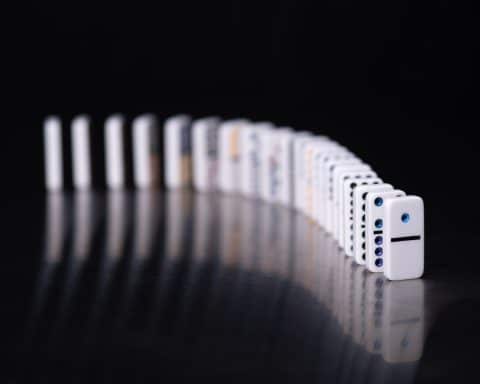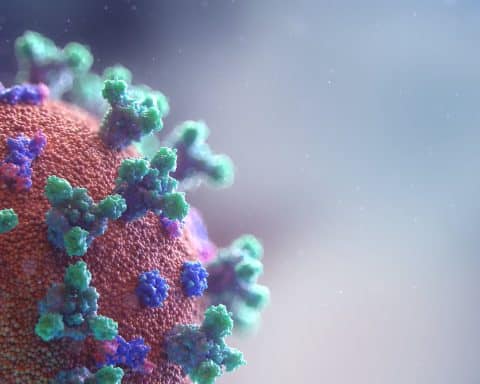
The single biggest problem with communication is the illusion that it has taken place. George Bernard Shaw.
Afew weeks ago I started a newly diagnosed elderly diabetic patient of mine on metformin. I spent some time explaining the need to gradually increase the dose from once daily to two twice a day over the course of four weeks and promised to contact the patient in four weeks to see how he was doing. During the follow up call I asked him how he was getting on and whether he had managed to get to the correct dose without any trouble. I normally pride myself on my communication skills so was somewhat bemused when he told me that he had successfully started on two tablets twice a day and had gradually reduced the dose, as directed, to once daily and successfully stopped the medication the day before!
Communicating and predicting outcomes is, arguably, all we do as General Practitioners. Day in day out, one consultation after the other we rely on our communication skills to extract the relevant information from our patients, make them feel at ease and predict the course of their ailment, hoping that their recovery will coincide with the treatment we have suggested. We all will have come cross instances where a breakdown in communication can derail the entire course of a consultation.
The unfortunate task of communicating and predicting during the course of the current pandemic rests on the shoulders of the government and its scientific advisors. Judging from the outcomes, it will be fair to say that neither has excelled themselves in their efforts.
I recently had a telephone call with a patient who tested positive for Covid-19 the previous day. During the course of the consultation I realised their partner had casually gone to work in a care home, not realising there was anything wrong with doing so. I have had many patients call with a fever and a cough convinced they do not have Covid-19 as they get these sorts of symptoms every year.
Confusion about the lockdown rules is even more baffling. Since March we have had one full lockdown followed by a frenzied summer during which restaurants were crammed in a bid to help the economy. This was then followed up by a three tier system, the rules of which we had barely grasped that a second national lockdown was announced. This was, however, different from the first lockdown in that schools remained open and people were encouraged to work. As this comes to an end, a 2nd three tier system is about to be enforced, the rules of which are different from the one that was imposed only 4 week ago. And this is all before we figure out which part of the country is under what tier. My parents, who live just over a mile down the road from me, will be in a higher tier than myself. The intricacies of what I can and cannot do in relation to them are too complicated for me to try to elucidate here.
The intricacies of what I can and cannot do …. are too complicated.
It is no wonder then that mistakes are made by those who are required to impose these laws. I was reading the unfortunate story where a minister was threatened with prosecution by the police as they broke up an online church broadcast as the officers felt he had broken coronavirus regulations by blaring out loud music1. Although an apology eventually followed, it must have been an unnecessarily distressing episode for all involved. On the other hand there are frequent reports of police having to break up large, unauthorised and obviously logic-defying parties of mostly young people. No amount of meticulously prepared power point presentations, presented by the most eminent scientists of the country, dished up during prime time television slots, seem capable of communicating the threat of the virus to some sections of the population.
It is no wonder then that mistakes are made by those who are required to impose these laws.
Isaac Newton is purported to have once said that he could confidently predict the motion of heavenly bodies, but not the madness of people. The authorities and scientists, perhaps, feel the same as Newton as they see the madness continue to unfold in front of their eyes. But they need to realise that people, with their idiosyncrasies, behave the way they do precisely because they are not “heavenly bodies” subject to rigid rules of physics.
If further chaos is to be prevented, the communication needs to get better, and more importantly, simpler.
Which reminds me – I’d better check on my metformin patient once again.
Featured photo by Jason Rosewell on Unsplash








